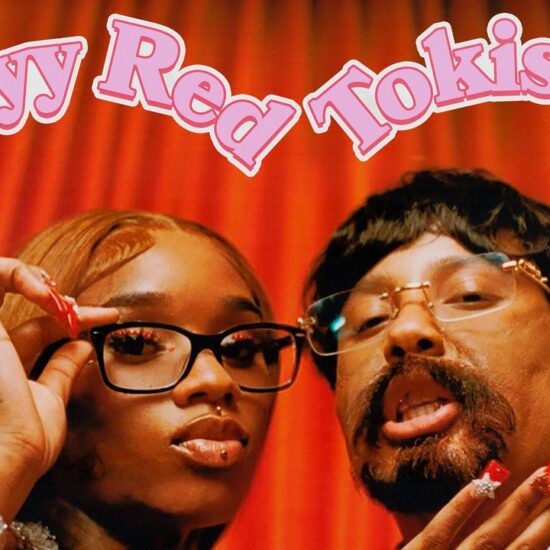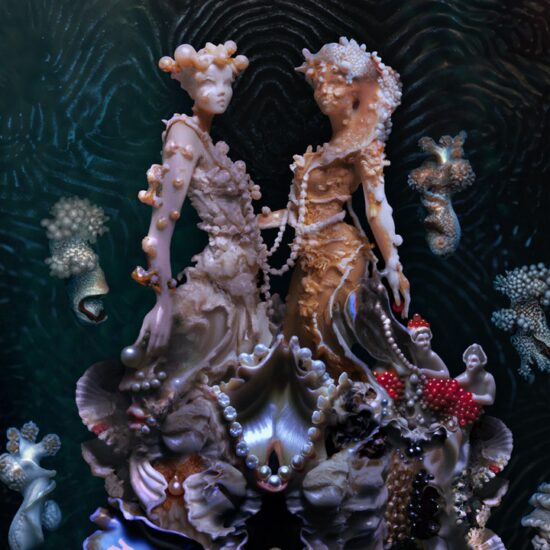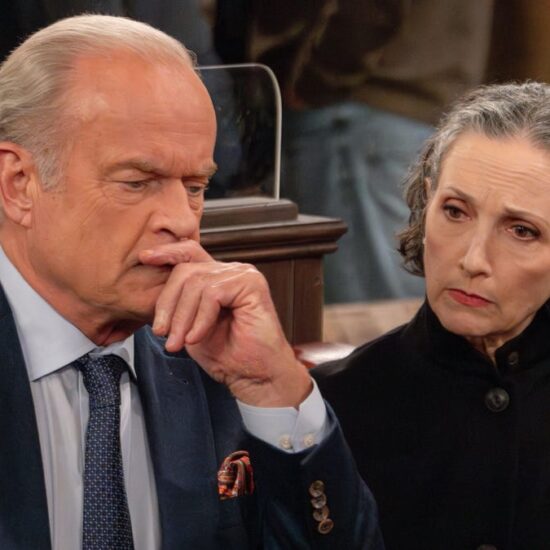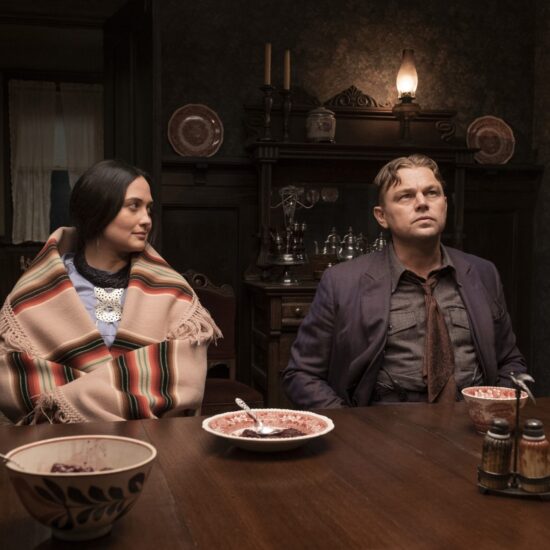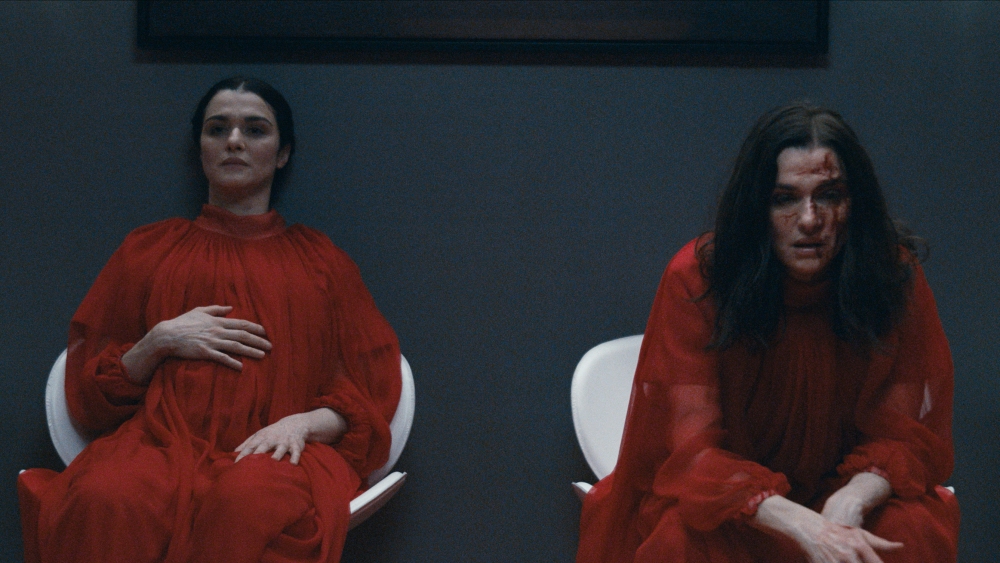
No one could be blamed for a chronic case of reboot fatigue, nor a wariness of recasting for recasting’s sake. Interpreting known characters across race and gender lines is promising in theory, but all too often executed without much intention — a hasty, lazy substitute for a fresh take on the source material. “Dead Ringers,” the new limited series from Amazon Prime Video, is not such a case. Riffing on the David Cronenberg film of the same name, the show swaps in Rachel Weisz for Jeremy Irons as a pair of codependent gynecologists. Unlike so many of its peers, “Dead Ringers” reaps ample rewards from its central switch, preserving Cronenberg’s signature strangeness while taking the premise to new, surprising heights.
The Canadian auteur is best known for body horror, and pregnancy is one of the most surreal and potentially harrowing feats of which the human body is capable. Naturally, making the main characters of “Dead Ringers” capable of conceiving themselves opens up extra dimensions in their story. One of the first times we meet Beverly, the more reserved and cautious of the Mantle twins, she’s holding her own miscarriage — the latest of many — in the palm of her hand. “Oh, hello,” she whispers. This is not a show afraid to alienate its audience or push past their comfort zone.
Created by Alice Birch, a playwright with screen credits on “Normal People” and “Succession,” “Dead Ringers” makes its protagonists’ profession central to its themes. The original “Dead Ringers” was loosely inspired by real-life twin gynecologists who died by suicide in 1975. Cronenberg embraced the surgical setting and psychological disturbia of identical doctors, but it’s Birch’s version that puts birth, babies, and biology at the fore. Beverly and her sister Elliot work at a hospital, but dream of opening what they call a “birthing center,” a kind of one-stop shop for fertility treatments, natal care, and cutting-edge research. They’re fond of reminding prospective donors that pregnancy isn’t a disease, so their future charges won’t be “patients,” but “guests.”
With the help of some technical wizardry, Weisz makes Beverly and Elliot two completely distinct characters, so much so that we can easily pick up when they’ve switched places for the day, as they apparently often do. Most of the time, Elliot’s hair is worn long and loose, Beverly’s pulled back. It’s a convenient means of telling them apart and telegraphing their personalities, but after just an episode or two, not a necessary one. Compared to Beverly, Elliot is excessive: a sexual libertine, a substance user, and a compulsive cusser. (Fans of “The Favourite” will enjoy Weisz’s return to this register.) Technically the firstborn, Elliot insists on calling Beverly “baby sister,” though she’s the one who swats at her distracted twin’s phone like an impatient toddler. The Mantles may share everything from an occupation to a palatial apartment, but it’s apparent from the series’ outset there’s something off between the two. In her private time, Beverly slips away to a grief support group, where she shares conflicted feelings about a sibling who’s very much alive.
The twins’ unsteady equilibrium is further disrupted by outside forces. Around the same time that Beverly strikes up a romance with actor Genevieve (Britne Oldford), opioid heiress Rebecca Parker (Jennifer Ehle) offers the Mantles a deal with the devil: complete funding for their center, if they can ignore where the money comes from. Rebecca is transparently a Sackler type, scoffing at the protesters who picket art museums that bear her family’s name. But “Dead Ringers” otherwise dispenses with any pretense of realism. Actors speak in a stilted, mannered house style. Characters misbehave in increasingly outlandish ways, stealing used tampons or pushing one another into pools. Guided by directors like Sean Durkin (“Martha Marcy May Marlene,” “The Nest”), the look of the show is chilly and controlled, in contrast with the visceral, chaotic process of creating new life.
The more we learn about the Mantles’ ambitions, the more they sound like science fiction: delaying menopause by preserving and implanting one’s own uterine tissue; designing rooms where guests can give birth unmoored from machines. “Dead Ringers” recycles the film’s most indelible image, decking out the twins in blood-red sets of scrubs. But in its new context, Beverly and Elliot’s uniform has a different connotation, making them appear almost like Margaret Atwood’s handmaids. The twins want to disrupt a system that’s alienated women from their own bodies, but by taking Rebecca’s Faustian bargain, they may be perpetuating the status quo. Ehle clearly enjoys chewing scenery as an unrepentant profiteer: “I am not altruistic,” she insists while outlining some aggressive expansion plans.
Cronenberg himself is still an active force, having returned to his trademark style with last year’s “Crimes of the Future.” Elsewhere on television, body horror rooted in women’s anxieties helped turn “Yellowjackets” into a hit. “Dead Ringers” joins these predecessors and peers without ever feeling indebted to them. From “The Shining” forward, identical twins are an evergreen source of the uncanny, and the Mantles are no exception. “Dead Ringers” takes one kind of familial terror and merges it with another — sisters who once shared a womb now experimenting on others’. It’s a surefire route to get under our skin.
All six episodes of “Dead Ringers” are now streaming on Amazon Prime Video.









